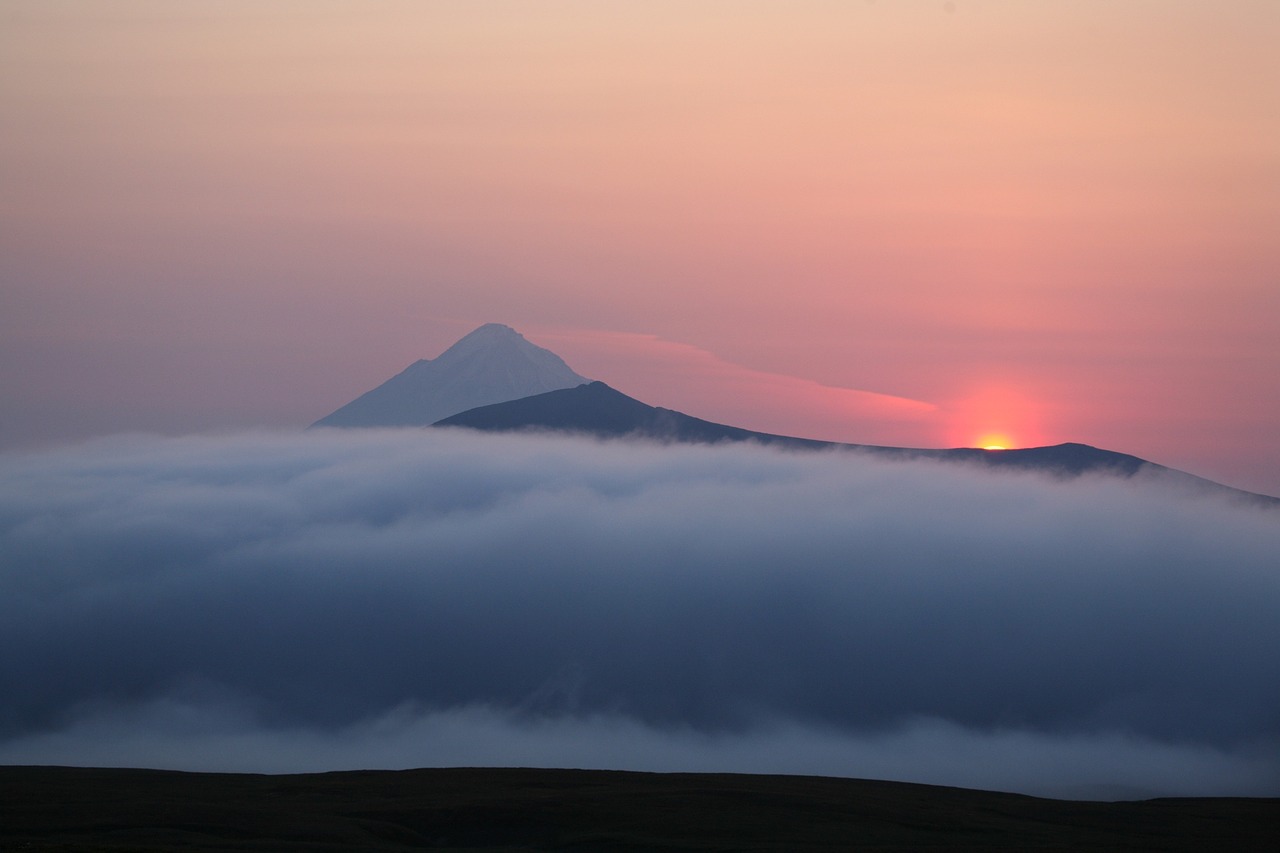Disappearing Earth / Julia Phillips / Knopf, 05/2019 – $27 (Hardcover)
“In Kamchatka,” Julia Phillips told the Paris Review, “you can slip between the cracks so easily.” Her debut novel, Disappearing Earth, tells the story of two young girls who get kidnapped from the Kamchatka Peninsula on the northeastern-most edge of Russia. It is a mountainous terrain bordered by Pacific Ocean, the Sea of Okhotsk, and Siberia, a uniquely removed place even in 2019, where families still herd reindeer and struggle for cell phone reception. In the same interview, Phillips remarked on Kamchatka’s “geographic instability,” primarily its position on the Pacific Rim of Fire, the volcanic grounds of which cause natural disasters that destroy infrastructure. Despite being a small, stark landmass enclosed by water and a frozen desert, there are a lot of places to disappear in Kamchatka.
I picked up Disappearing Earth because of its fascinating perspective on a little-known part of the world and its deliberate inclusion of native voices, but I worried that it would be another sensationalized true crime inspired novel, grotesquely intrigued by the kidnapping of young women. Instead, it is a sympathetic portrait of a community galvanized by—and sometimes complicit in—tragedy. When sisters Aloyona and Sophia go missing, the police search for weeks without turning up any evidence. They paste their faces on every bulletin board and telephone poll in town. Phillips’s characters remark on how enthusiastic, if ineffective, the police act regarding these girls. They are young, white, female Russians, an easy target for sympathy. Meanwhile, Lilia, a native Even teenager, has been missing for years, and the police immediately wrote it off as a runaway, even if the family thinks otherwise. It is only when Lilia’s mother meets Marina, the mother of Aloyona and Sophia, that anyone realizes how similar the two cases are, even if the amount of attention placed on them by local authorities was vastly different.
Every character in the book seems to know every other character in the book, which I imagine is how it feels to live in Kamchatka. While the community boasts a diverse range of races, ethnicities, socioeconomic classes, and personalities, everyone has a cousin or sibling who knows your cousin or sibling in the community. People do not often leave Kamchatka, and those who do—like the siblings’ father who lives in Moscow—are regarded with suspicion. Phillips’ chapters each tell the story of a different community member, oftentimes the cousin or sibling of someone readers have already met. Each chapter is rich enough to be its own book, and I often found myself aching to return to the narratives of particularly memorable characters, like the Even college student Alisa struggling to choose between two relationships: one centered on devotion and one mired in passion. Oftentimes, though, I would get reassurances of their future in a later chapter, a mention at a party. This format is, of course, how life works—people filter in and out, sometimes only to be found again in the form of a mention or a post between mutual friends.
What connects these chapters and these characters, other than their distinctive homeland, is the disappearance of Aloyona and Sophia. No one escapes the worry and fear their kidnapping exacerbates: not Olya, a rough and tumble middle school student in the Peninsula; not Denis, Lilia’s older brother who believes in aliens; and not Zoya, a trapped housewife with a new baby and a disinterested husband in charge of the girls’ case. Aloyona and Sophia are not the center of any of these characters’ lives. The members of the community continue to go to class, feed their children, perform their jobs, and worry about what everyone else worries about: money, weather, health, fulfillment. The girls do not overtake the lives of everyone in the community; rather, they permeate it, subtly changing after-school routines and camping trips, making ordinary experiences frightening and fraught. Their absence gives rise to questions about equity between white Russians and native Russians, about the state of their secluded communities, and about how to parent and support your children.
This novel is an extraordinarily fresh take on the common mystery / crime novel. It manages to humanize not only the little girls who were kidnapped, but the entire community that experiences their loss. Phillips, who spent time in Kamchatka on a Fulbright Fellowship, refuses to reduce any character to essentials or stereotypes despite the brief amount of time we are given with each one. She actively resists pitying anyone in Kamchatka, even those with unthinkably difficult situations, and instead displays both their flaws and successes to the reader, creating wholly realistic characters, worthy of our respect and empathy—an almost magical feat given the structure of the novel. Even though I will probably never make it to the other side of the world in order to experience the beauty of Kamchatka for myself, Phillips’s Disappearing Earth has given me a crystal-clear image of its complicated community.
Maddie Woda is a senior at Columbia University studying English. She enjoys reading about Siberia as it brings her closer to her lifelong goal of moving to Alaska and studying glacial melt. She is also Editor-in-Chief of The Columbia Review.

